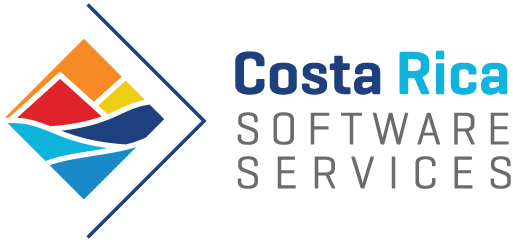Cross-Platform Frameworks Create Business Value by allowing Software Engineers to create apps that run similarly across different platforms, including the web, iOS, and Android.
Historically, apps for different platforms would be developed using different tools. Developing software for multiple discrete platforms meant that businesses would face difficult choices (e.g., do we develop for iOS or Android) or significant investments to engineer apps for both systems.
What are Cross-Platform Software Development tools?
Cross Platform Software Development tools Create permit Software Engineers to build apps that run on different mobile platforms (iOS and Android).
The Growth of Cross-Platform Frameworks
Cross Platform mobile development has become increasingly popular as tools have proliferated that enable Software Developers to build multiple “native” applications using a single codebase. The advantages of a single codebase include accelerated development, sharable code, and reduced costs.
According to Statista the global market size of cross-platform app development was estimated to be around 10.3 billion U.S. dollars in 2020, and it is expected to grow at a CAGR of 17.6% from 2021 to 2028.
The growth of cross-platform frameworks can be attributed to several factors, such as the need to build applications that work seamlessly across multiple platforms, including iOS, Android, and the web.
In addition, currently, there are robust and mature cross-platform frameworks, such as React Native and Flutter, that offer high-performance, native-like user experiences.
Another factor in the growth of cross-platform frameworks is the growing demand for mobile applications in various industries, including healthcare, finance, retail, and entertainment. As companies undergo digital transformation, the business value of mobile applications increases.
What are examples of Cross-Platform App Frameworks?
There are several cross-platform development frameworks that developers can use to build mobile applications that work across multiple platforms. Here are some of the most popular and best cross-platform development frameworks:
- React Native – A popular framework developed by Facebook that allows developers to build native mobile applications using JavaScript and React. It supports both Android and iOS platforms.
- Flutter – A mobile application development framework developed by Google that allows developers to build high-performance, natively compiled applications for mobile, web, and desktop from a single codebase. It supports both Android and iOS platforms.
- Xamarin – A Microsoft-owned open-source framework that allows developers to build native Android, iOS, and Windows apps using C# and .NET.
- Ionic – An open-source framework built on top of Angular that allows developers to build hybrid mobile applications for multiple platforms, including iOS, Android, and the web.
How Cross-Platform Frameworks Create Business Value?
Cross-platform development frameworks create significant business value in several ways:
- Cost savings: Cross-platform development frameworks allow developers to write code once and deploy it across multiple platforms. This can significantly reduce development costs compared to building separate applications for each platform.
- Faster time-to-market: By using cross-platform development frameworks, businesses can build and deploy applications faster, as they can leverage existing code libraries and development tools. This can be particularly valuable for businesses operating in fast-paced industries, such as technology or e-commerce, where speed-to-market is essential.
- Improved user experience: Many cross-platform development frameworks, such as React Native and Flutter, provide a native-like user experience that is almost indistinguishable from a native application. This can be valuable for businesses trying to provide a high-quality user experience with a consistent “brand” look and feel across different platforms.
- Wider reach: By building applications that work across multiple platforms, businesses can reach a wider audience, including users who may prefer one platform over another. This can help businesses expand their customer base and increase revenue.
- Easier maintenance: Cross-platform development frameworks often provide a unified development environment, making it easier for developers to maintain and update applications across multiple platforms. This can help businesses save time and resources by reducing the need for separate development teams and tools for each platform.
Overall, cross-platform development frameworks can help businesses create value by reducing development costs, speeding up time-to-market, improving user experience, expanding reach, and simplifying maintenance. Costa Rica Software Services develops cross-platform applications using the latest tools and technologies.

